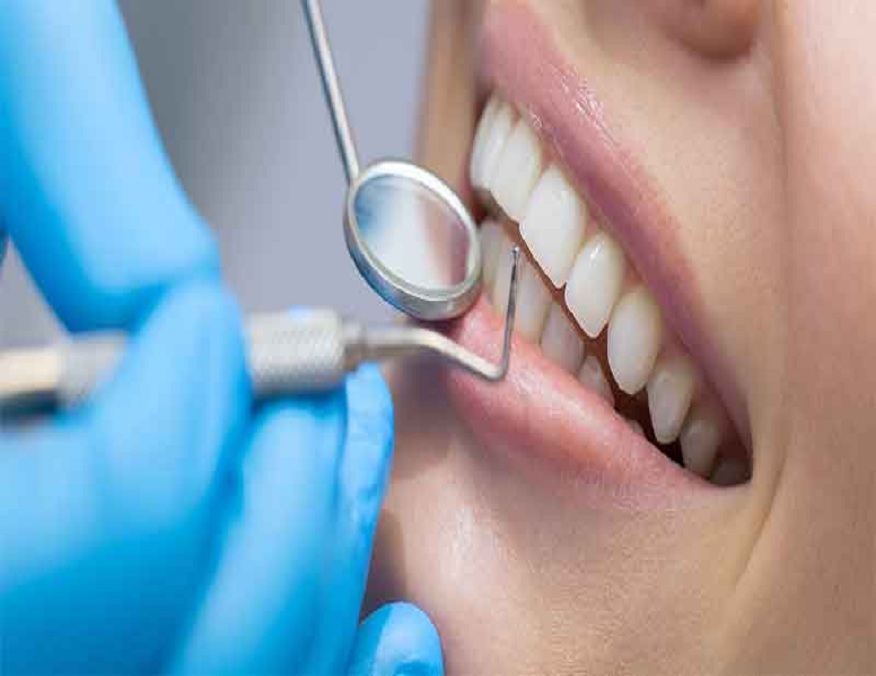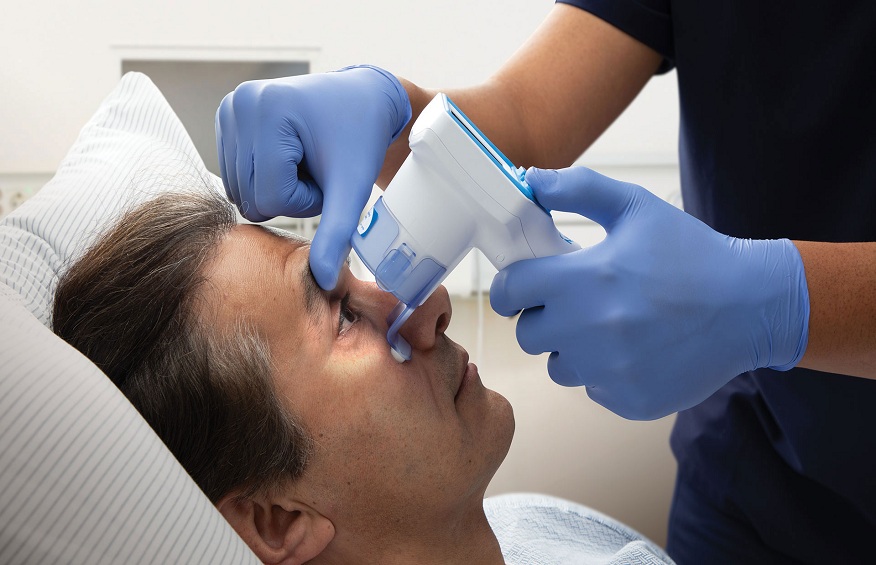Everyone has had fleeting moments of self-consciousness about their breath, questioning if it is clean or if an offensive odour is coming from their mouths. Halitosis, generally known as bad breath, is a widespread condition that impacts millions of people worldwide. While the odd case of foul breath is common, persistent halitosis may be embarrassing and have an impact on our social relationships.
Let’s examine the causes, diagnosis, methods of prevention, and treatments for halitosis in this blog so that you can pick better when searching for “halitosis specialist near me”.
Medical Conditions and Halitosis
Halitosis could occasionally be a sign of a more serious illness. Though oral health problems account for the majority of instances, it’s vital to be aware of several underlying illnesses that might aggravate foul breath. As a result of halitosis, the following medical disorders have been linked:
Respiratory Infections: Conditions affecting the respiratory system, such as sinusitis, tonsillitis, bronchitis, and pneumonia, can result in foul breath. Breathing that smells bad might result from respiratory issues like germs or mucus.
Gastrointestinal Disorders: Halitosis can develop as a result of some GI disorders. When stomach acid flows back into the esophagus due to acid reflux (also known as gastroesophageal reflux disease or GERD), it can contribute to foul breath. Additionally, connected to halitosis including chronic gastritis, gastric ulcers, and intestinal obstruction.
Diabetes: People who have their diabetes poorly controlled may notice a sweet or fruity smell coming from their breath; this might be an indication of diabetic ketoacidosis, a hazardous consequence of high blood sugar levels. Diabetes can also cause dry mouth, which exacerbates poor breath. So, you should search for “halitosis doctor near me” if you have diabetes and dealing with halitosis.
Liver and Kidney Disease: Because of the buildup of toxins in the body, liver and kidney disorders can alter the breath. These pollutants may be expelled by the breath, leaving behind a recognizable smell.
Metabolic Disorders: Some metabolic conditions, such as trimethylaminuria (fish odour syndrome), can cause an odorous breath as well as a chronic and unpleasant body odour. Despite being uncommon, these illnesses can present serious social and psychological difficulties for those who are affected.
Chronic Systemic Diseases: Halitosis may be indirectly caused by chronic disorders including cancer, HIV/AIDS, and autoimmune diseases. Bad breath can be brought on by the immune system of the body, certain drugs, or oral diseases.
It’s crucial to remember that while these medical issues may exacerbate foul breath, they are not the only contributing factor. Halitosis is frequently multifactorial, which means that it is brought on by a number of causes including poor dental hygiene, lifestyle decisions, and underlying medical issues.
It’s critical to speak with a halitosis treatment dentist if you think your halitosis may be caused by a medical issue. They can assess your symptoms, run the required tests, or send you to a specialist, and offer suitable management or treatment choices to deal with the underlying issue and relieve the associated bad breath.
Keep in mind that an accurate diagnosis and course of treatment for any medical issue can benefit your overall health as well as your dental health.
Options for Treatment
Finding the underlying reason is necessary for effective halitosis treatment. Before you, Google “halitosis treatment centre near me,” learn about the treatment options you have so that you can make an informed decision:
Better Oral Hygiene: By brushing, flossing, and properly cleansing the tongue, one may greatly lessen foul breath brought on by germs.
Professional Dental Cleaning: Having your teeth cleaned on a regular basis will help prevent bad breath by removing plaque and tartar accumulation. Additionally, if you have gum disease, your dentist could advise extensive cleaning procedures like scaling and root planing.
Treatment of Dental Issues: In order to get rid of germs and treat halitosis, cavities, gum disease, and oral infections need proper dental care.
Saliva Stimulation: If dry mouth is the problem, your dentist may recommend saliva-stimulating drugs, lozenges, or synthetic saliva to treat the symptoms.
Taking Care of Subsequent Medical Disorders: Treating any underlying medical disorders, such as diabetes or respiratory infections, will help with halitosis treatment.
Lifestyle Modifications: Changing your habits, such as giving up smoking, drinking less alcohol, and drinking plenty of water, might help you have fresher breath.
Conclusion:
Understanding the causes, diagnosis, prevention, and treatment options of halitosis can help make the illness less unpleasant and upsetting. Combating bad breath requires maintaining excellent dental hygiene habits, going to the dentist frequently, and taking care of any underlying oral or systemic disorders. Keep in mind that having fresh breaths not only benefits your oral health but also your confidence and general well-being.




